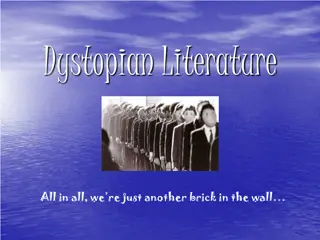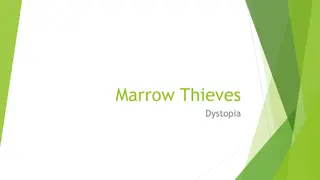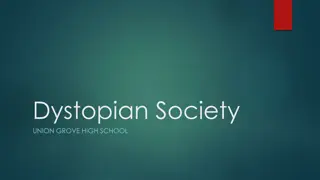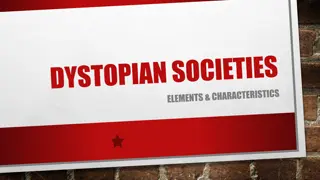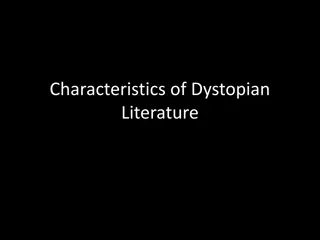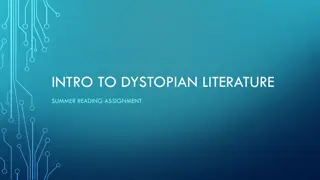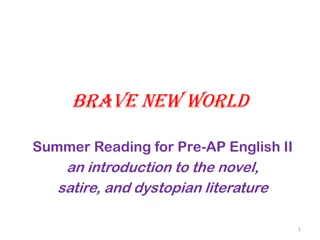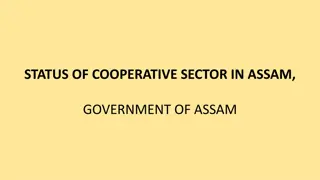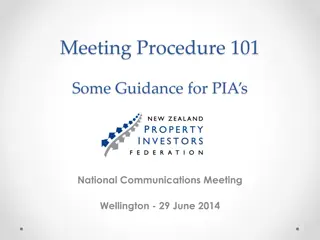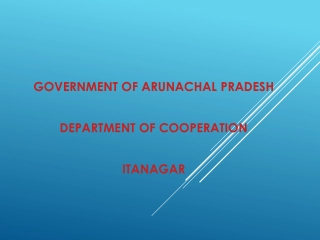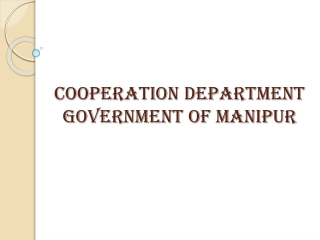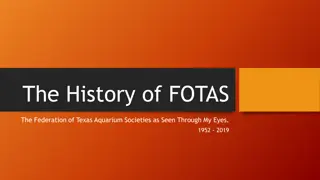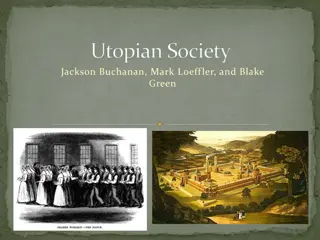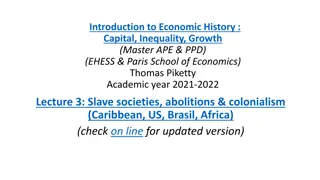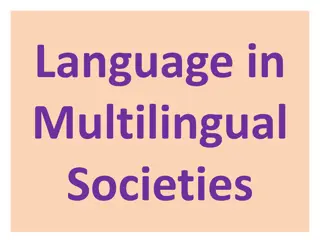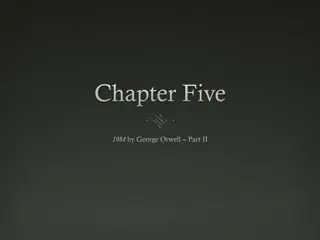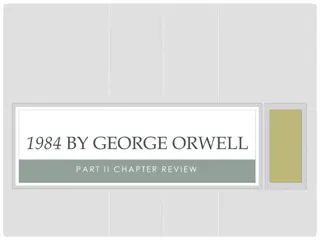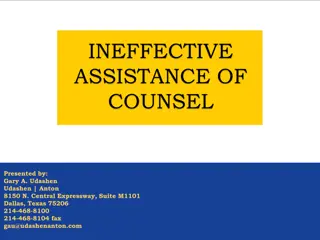Understanding Dystopian Societies in 1984 Novel Guide
Explore the themes of utopia and dystopia in George Orwell's 1984 novel through a comprehensive guide. Learn about the characteristics of dystopian societies, types of controls, and the role of protagonists in challenging oppressive systems. Dive into the discussions on propaganda, surveillance, dehumanization, and more, shedding light on the criticism of societal norms and political systems portrayed in dystopian settings.
Download Presentation

Please find below an Image/Link to download the presentation.
The content on the website is provided AS IS for your information and personal use only. It may not be sold, licensed, or shared on other websites without obtaining consent from the author. Download presentation by click this link. If you encounter any issues during the download, it is possible that the publisher has removed the file from their server.
E N D
Presentation Transcript
+Materials for Today 1984 Novel Guide Binder
+ Dystopia in 1984
+Definitions Utopia: A place, state, or condition that is ideally perfect in respect of politics, laws, customs, and conditions. Dystopia: A futuristic, imagined universe in which oppressive societal control and the illusion of a perfect society are maintained through corporate, bureaucratic, technological, moral, or totalitarian control. Dystopias, through an exaggerated worst-case scenario, make a criticism about a current trend, societal norm, or political system.
+Characteristics of a Dystopian Society Propaganda is used to control the citizens of society. Information, independent thought, and freedom are restricted. A figurehead or concept is worshipped by the citizens of the society. Citizens are perceived to be under constant surveillance. Citizens have a fear of the outside world.
+Characteristics of a Dystopian Society Citizens live in a dehumanized state. The natural world is banished and distrusted. Citizens conform to uniform expectations. Individuality and dissent are bad. The society is an illusion of a perfect utopian world.
+Types of Dystopian Controls Corporate control: One or more large corporations control society through products, advertising, and/or the media. Examples include Minority Report and Running Man. Bureaucratic control: Society is controlled by a mindless bureaucracy a tangle of red tape, relentless regulations, and incompetent government officials. Examples in film include Brazil.
+Types of Dystopian Controls Technological control: Society is controlled by technology through computers, robots, and/or scientific means. Examples include The Matrix, The Terminator, and I, Robot. Philosophical/religious control: Society is controlled by philosophical or religious ideology often enforced through a dictatorship or theocratic government.
+The Dystopian Protagonist often feels trapped and is struggling to escape. questions the existing social and political systems. believes or feels that something is terribly wrong with the society in which he or she lives. helps the audience recognizes the negative aspects of the dystopian world through his or her perspective.
+1984 Write down as many examples of dystopian elements in the novel as you can think of. https://www.youtube.com/watch?v=t4z YlOU7Fpk
+Homework Read and annotate chapters 5 and 6. Respond to novel guide questions. Do the vocabulary.


